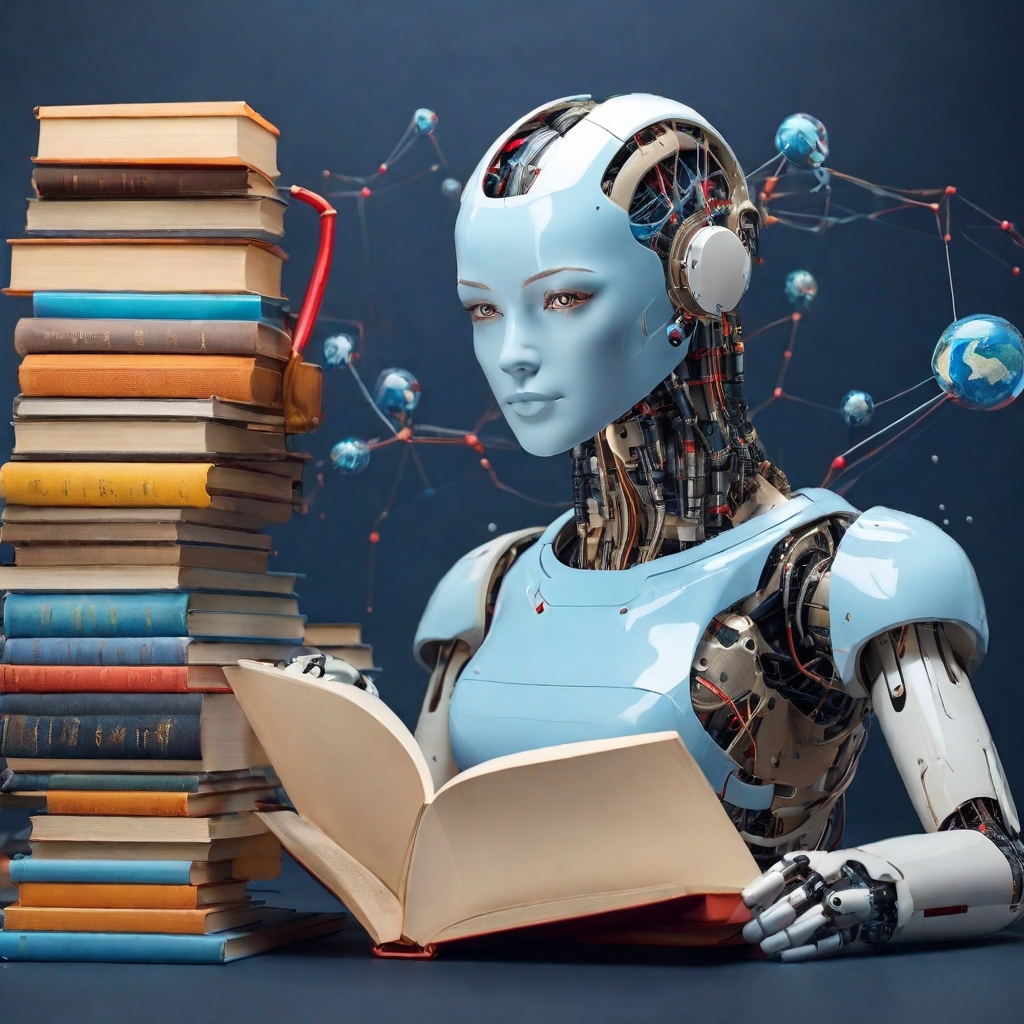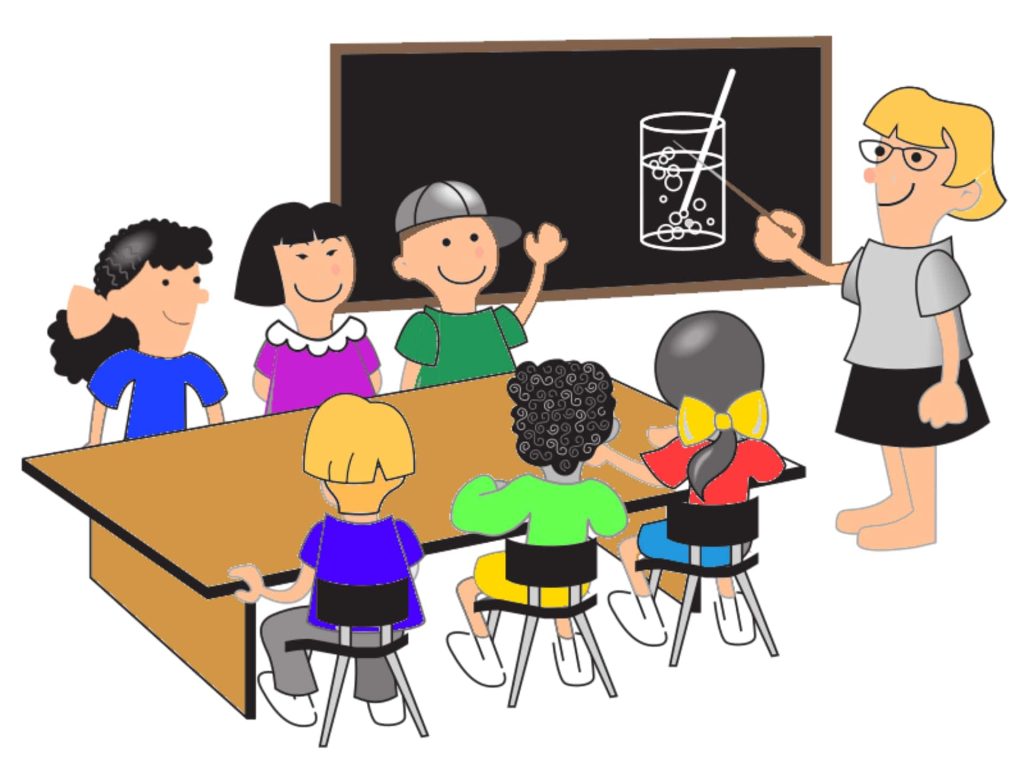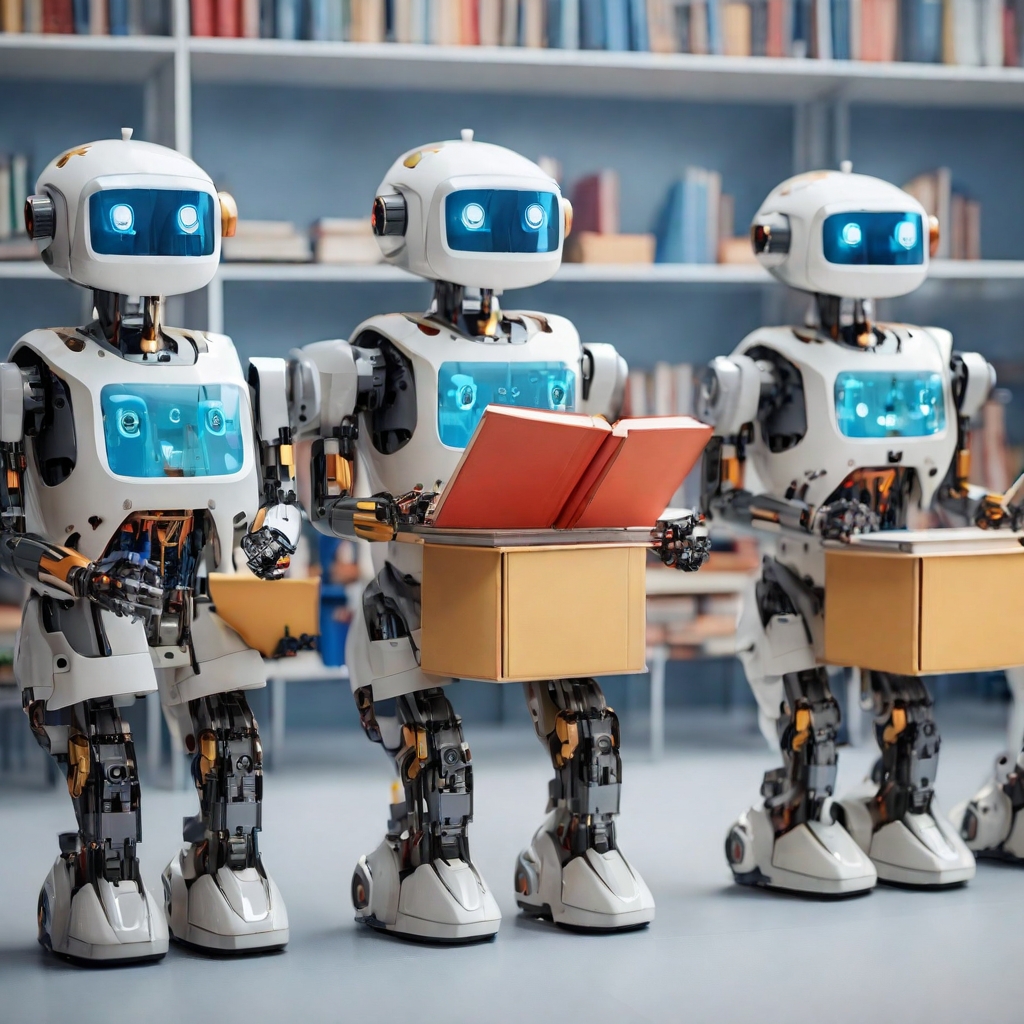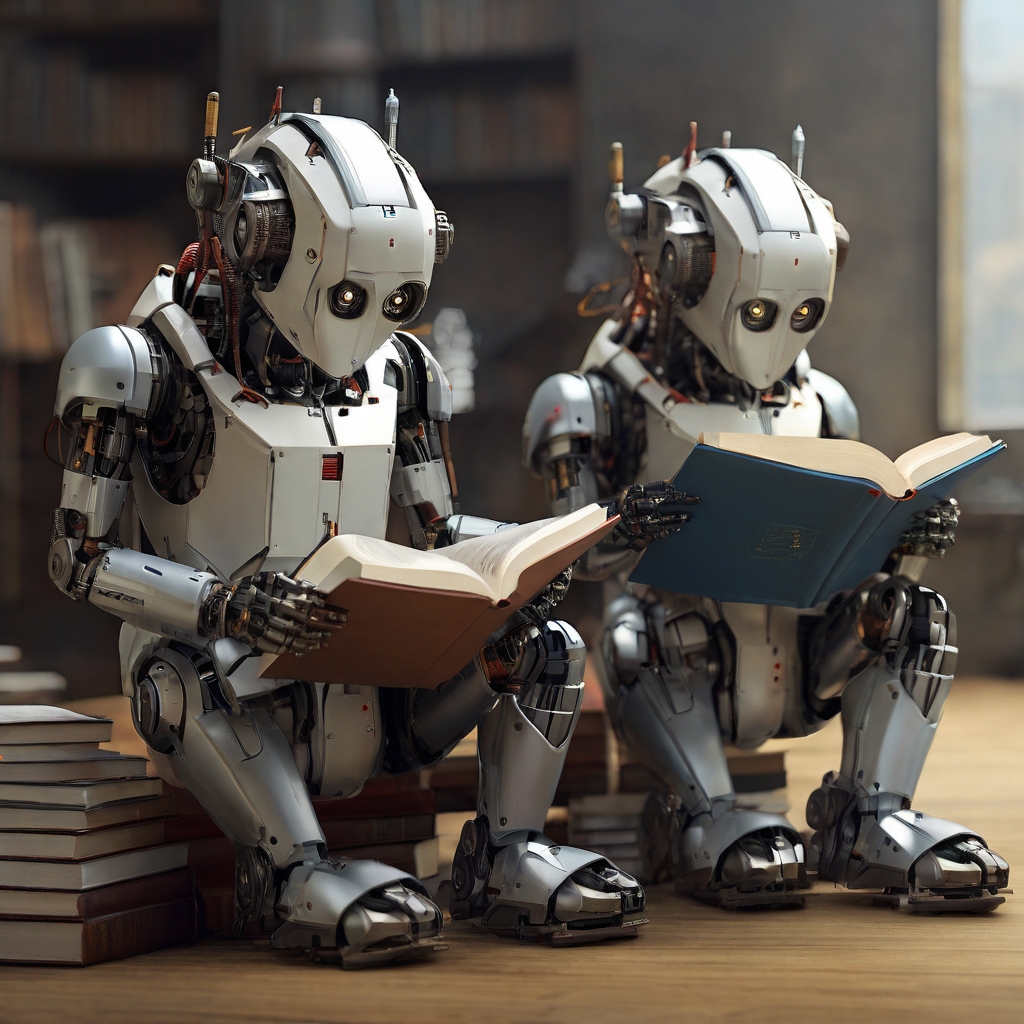In today’s rapidly evolving world, the conventional one-size-fits-all approach to education is becoming increasingly obsolete. Each student possesses unique learning needs, preferences, and aptitudes, necessitating a tailored educational experience that nurtures their individual potential. Fortunately, the advent of artificial intelligence (AI) in education has paved the way for a transformative shift towards personalized learning, promising to revolutionize the way we perceive and deliver knowledge.
At the heart of this paradigm shift lies the recognition that every student is unique, with diverse strengths, weaknesses, and learning styles. By embracing AI technologies, educators can craft customized learning pathways that cater to individual requirements, fostering an environment where students can thrive and reach their full potential. This article delves into the exciting intersection of AI and personalized learning, exploring the opportunities, challenges, and the profound impact this fusion holds for the future of education.

The Promise of AI-Driven Personalized Learning
Personalized learning, powered by AI, is poised to redefine the educational landscape by tailoring instruction to each student’s unique needs, preferences, and learning pace. This transformative approach is underpinned by several key elements:
- Adaptive Learning Paths: AI algorithms analyze individual performance data, identify learning patterns, and dynamically adjust the curriculum to match each student’s pace and comprehension level. This ensures that no student is left behind or held back, fostering an inclusive and effective learning environment.
- Customized Content Delivery: AI algorithms curate and deliver content that aligns with students’ interests, learning styles, and proficiency levels. This customization not only keeps students engaged but also ensures that the material is relevant and meaningful, promoting deeper understanding and knowledge retention.
- Real-time Feedback and Assessment: AI-enabled personalized learning systems provide real-time feedback on student performance, identifying areas of strength and areas that require improvement. This timely feedback empowers both students and educators to adapt their approaches, fostering a culture of continuous improvement.
- Individualized Learning Plans: AI facilitates the creation of individualized learning plans for each student, considering factors such as learning preferences, strengths, weaknesses, and pace of learning. These plans serve as personalized roadmaps, guiding students through an educational journey tailored to their specific needs.
- Early Intervention and Support: By analyzing behavioral and performance data, AI algorithms can detect signs of difficulty or disengagement early on, allowing educators to intervene promptly with additional support and resources.
The fusion of AI and personalized learning holds the promise of transforming the educational experience from a passive, one-size-fits-all approach to an active, dynamic, and personalized journey. This paradigm shift empowers students to take ownership of their learning, fostering engagement, motivation, and ultimately, academic success.

Addressing the Challenges: Ethical Considerations and Inclusivity
While the potential of AI in personalized learning is undeniable, it is essential to acknowledge and address the challenges that accompany this technological integration. One of the primary concerns revolves around data privacy and security. As AI systems rely on extensive student data, robust measures must be implemented to safeguard sensitive information and prevent unauthorized access or misuse.
Another critical issue is algorithmic bias. If AI algorithms are trained on biased datasets, they may inadvertently perpetuate existing inequalities or stereotypes within the educational system. Addressing this challenge requires a concerted effort to identify and mitigate biases, ensuring that AI-driven personalized learning experiences are fair, equitable, and inclusive for all students, regardless of their background or circumstances.
Furthermore, the digital divide poses a significant obstacle to the widespread adoption of AI-powered personalized learning. Students from underprivileged communities or those with limited access to technology may face barriers to fully engaging with these advanced learning platforms. Bridging this divide necessitates concerted efforts to provide equitable access to technology and resources, ensuring that no student is left behind in the era of AI-enhanced education.
Ethical considerations surrounding the integration of AI in education are paramount. Principles of fairness, transparency, and informed consent must be upheld throughout the development and implementation of these systems. Students and their guardians should have a clear understanding of how AI technologies function, how data is collected and used, and the potential implications for their educational experiences.
Ultimately, the successful integration of AI in personalized learning hinges on a delicate balance between technological advancement and ethical responsibility. By proactively addressing these challenges and fostering an environment of trust and inclusivity, we can harness the transformative power of AI while ensuring that no student is left behind.

The Evolving Role of Educators
As AI assumes a more prominent role in personalized learning, the role of educators is undergoing a profound transformation. Rather than serving as mere knowledge disseminators, educators will transition into facilitators of personalized learning journeys. Leveraging AI insights, they will guide students through tailored educational experiences, offering additional support where needed and curating resources aligned with individual needs.
Moreover, as AI takes on routine tasks, educators can dedicate more time and effort to nurturing essential soft skills, such as critical thinking, problem-solving, and emotional intelligence. These skills are critical for success in the rapidly evolving job market and are best cultivated through human interaction and guidance.
Educators will also play a pivotal role in interpreting AI-generated insights and translating them into actionable strategies. Their expertise and human intuition will be invaluable in contextualizing data and ensuring that personalized learning experiences align with the broader educational goals and values.
Furthermore, the integration of AI in personalized learning will necessitate ongoing professional development for educators. As technology evolves, educators must stay abreast of the latest developments, equipping themselves with the skills and knowledge required to effectively leverage AI tools and platforms.
The Future of Personalized Learning with AI: A Vision
As we peer into the future of personalized learning with AI, a vision of a truly individualized and adaptive educational system emerges. Imagine a world where every student embarks on a unique learning journey, tailored to their strengths, weaknesses, and aspirations.

AI algorithms will continuously analyze student data, generating real-time insights and recommendations that inform personalized learning paths. These paths will be dynamic and fluid, adjusting to the student’s progress and providing targeted support and challenges as needed.
Multimodal learning experiences, facilitated by AI, will cater to diverse learning preferences, incorporating visual, auditory, and kinesthetic elements. Virtual reality and augmented reality technologies may even be integrated, creating immersive and interactive learning environments that enhance engagement and knowledge retention.
Furthermore, AI-driven predictive analytics will enable educators to anticipate potential learning challenges before they manifest, allowing for proactive interventions and preemptive support. This proactive approach will ensure that no student falls behind, fostering a seamless and efficient educational journey.
Collaboration between educators and AI systems will be seamless, with AI acting as a powerful ally in personalizing instruction and maximizing student potential. Educators will leverage AI insights to make data-driven decisions, refine their teaching strategies, and create learning experiences that resonate with each student’s unique needs and aspirations.
In this envisioned future, personalized learning with AI will extend beyond the classroom, transcending geographical boundaries and democratizing access to quality education. Online platforms and virtual learning environments will offer personalized learning experiences to students worldwide, breaking down barriers and fostering a global community of learners.
Concluding Thoughts
The integration of AI in personalized learning represents a transformative shift in the educational landscape, one that holds immense potential for fostering academic excellence, student engagement, and lifelong learning. By embracing AI technologies and addressing the associated challenges, we can create a future where every student receives a tailored educational experience that nurtures their unique talents and prepares them for success in an ever-changing world.
However, it is crucial to recognize that AI is not a panacea; it is a powerful tool that must be wielded responsibly and in conjunction with human expertise. Educators remain at the heart of the learning process, guiding students on their personalized journeys and nurturing the essential skills and values that transcend academic knowledge.

As we stride towards this future, a collaborative effort between educators, policymakers, technologists, and stakeholders is paramount. By fostering an environment of innovation, ethical responsibility, and inclusivity, we can harness the transformative power of AI in personalized learning, shaping a future where every student has the opportunity to thrive and reach their full potential.
Copyright©dhaka.ai
tags: Artificial Intelligence, Ai, Dhaka Ai, Education System, Ai In Bangladesh, Ai In Dhaka, USA



